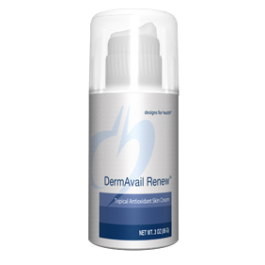By Gene Bruno, MS, MHS – Dean of Academics, Huntington College of Health Sciences
Free radicals are extremely unstable substances which, in the presence of oxygen, will turn a shiny metal wrench into an ugly rusted wrench very quickly. Our bodies don't, of course, rust. In humans, however, free radicals cause irreparable oxidative damage to cells and the protective membrane linings that surround cells. This, in turn, can cause accelerated wear and tear that may lead to premature aging, lowered immune resistance, and even cancer and heart disease. Some common sources of free radicals are smoking, consumption of fats, inhalation of carbon monoxide and other environmental pollutants, chemical additives in foods such as nitrites and nitrates, overexposure to the sun and other sources of radiation.










